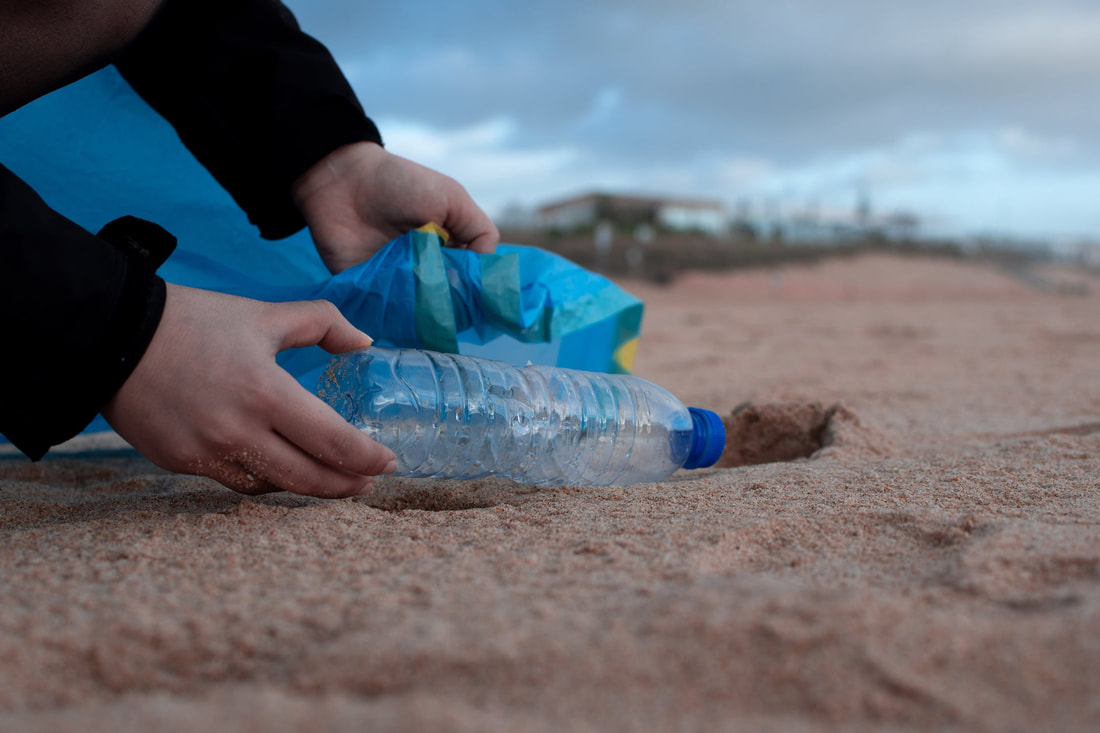|
By: A. Hemnani Over the past year and a bit, we have been living in a completely different world; a world with masks and social distancing, a world where it is not safe to meet a large group of people. All we would think about were the missed opportunities and the negative things that were happening due to COVID. During this time, have you ever stopped to think about what kind of an impact this has had on the environment?
We are constantly reminded of global warming and the increasing problems caused by climate change. Despite this being a known issue around the world, there was not much that was done about it. Many people were concerned at the start of the pandemic that Covid would lead to a less eco-friendly community; however, according to a recent survey with 3,000 people across 8 countries conducted by BCG “people are more concerned about addressing environmental challenges in the wake of the pandemic.” As you may have thought, the amount of waste produced in the world increases as generations go by. Yet, of all the waste produced, the most rapidly increasing is a type of waste called e-waste, which refers to electronic waste or electronics that no longer have a use. The year of 2019 holds the record for the amount of e-waste produced in a year with 53.6 million metric tons, having increased by 21% in comparison to 2014. This is expected to go up by another 20 million metric tons! In São Paulo there are many types of waste, but there are three main types: the ones that are produced at home, the ones that are put for recycling and the waste from the health departments. The Lion had the opportunity to interview Rodrigo Feltre, COO of the largest waste collection company in São Paulo; who stated that the waste produced at home and the recycling waste have both decreased by 10 percent from 2019. This has happened since people are more aware of environmental problems and are doing things to prevent it, such as consuming less and being more eco-friendly. The waste coming in from the health department, however, has increased by more than 30 percent and this is due to Covid, since, now hospitals must throw away all the bedsheets, towels and other materials used while treating a covid patient otherwise the virus can be passed on to other patients. It has been proven that during the pandemic people grew more aware about what we are doing to the environment, and, because of that, people are working harder than before to do their part in order to preserve it. Many more people and businesses are looking for a change and many believe that the environment should be a higher priority around the world, equating it to health. It is good to know that this priority is gaining momentum with the younger generations, as they are the ones that are taking more of an initiative. Now is the time to correct the mistakes of the past and fight for our planet and its future. Many individuals have changed their day-to-day habits in order to be more eco-friendly, and so can you. The simplest of things you can do is to consume less by asking yourself if what you are consuming is in fact necessary. You can also waste less energy by making sure you turn off what you are no longer using. A simple thing like using a cloth mask instead of a discardable one occasionally will mean a lot to future generations. If everyone does their part, we can still make a difference. Now that you know that even in the rise of these difficult times, more and more people are concerned about preserving this world, I will leave it up to you to decide your next steps. What are you going to do to make a difference?
0 Comments
Leave a Reply. |
Categories
All
Archives
June 2024
|

